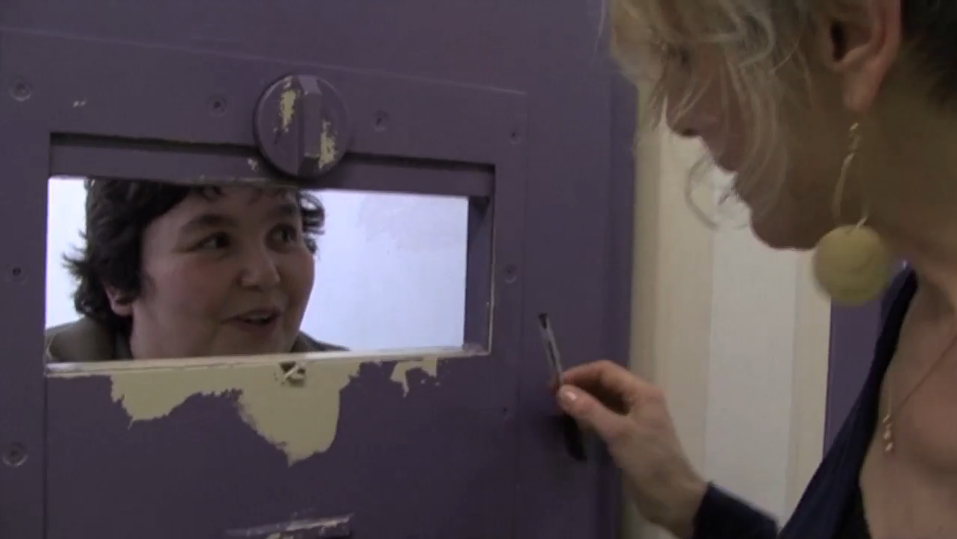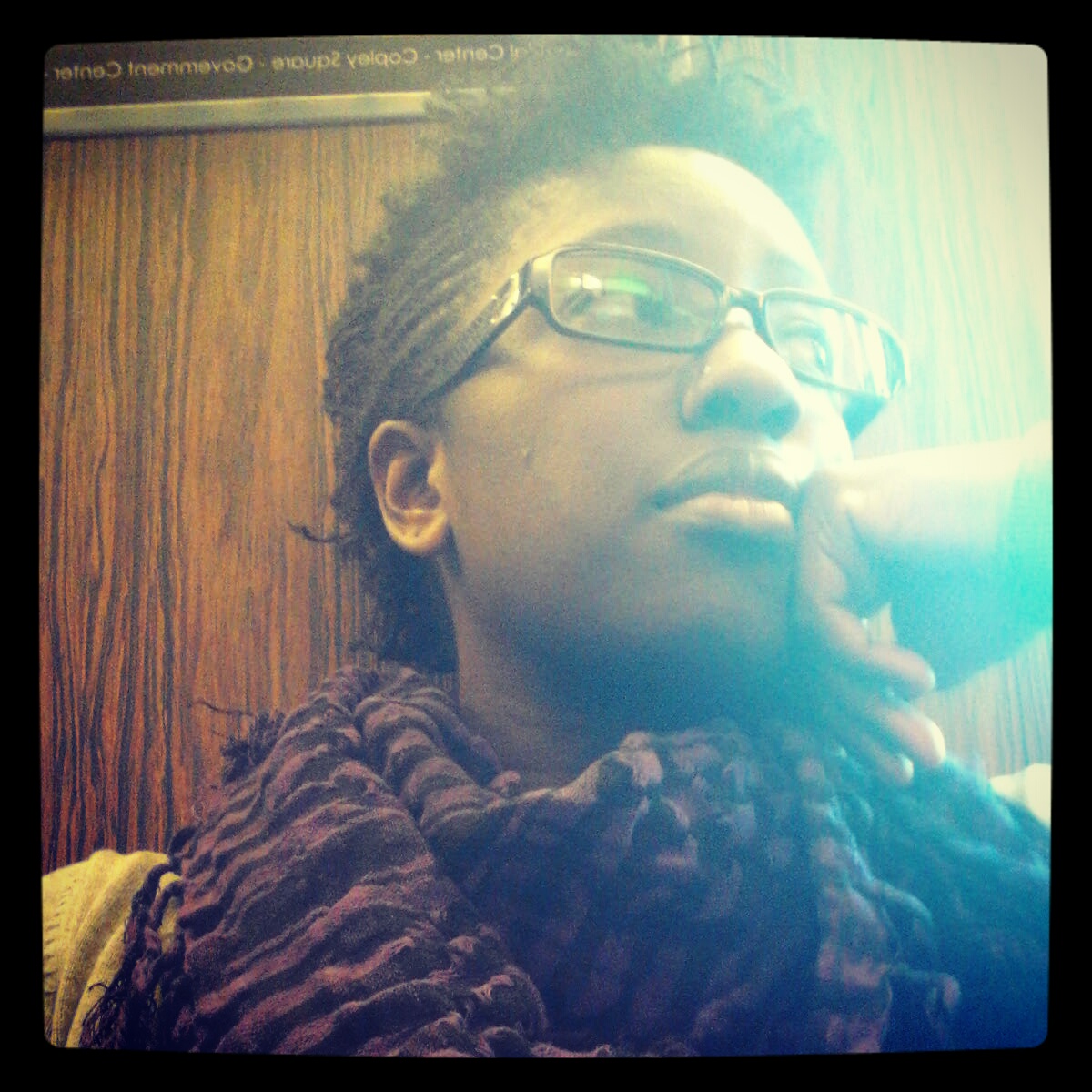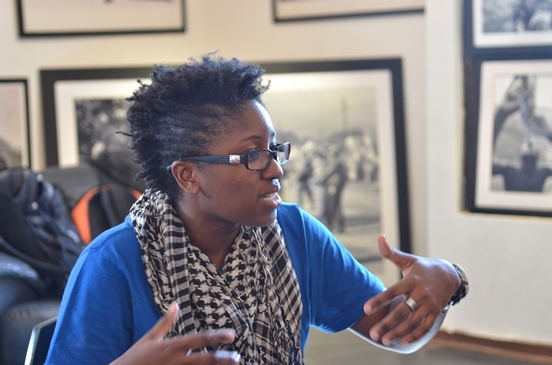Check out these powerful films -- Taxi Sister, KungFu Grandma, The Witches of Gambaga, and Ladies' Turn -- exploring the lives of African women through narrative documentary. They're showing at the London Feminist Film Festival, which was set up as a response to the under-representation of women in the film…
-
-
Afrofeminist Film Review of “Beautiful Sentence”: Women in Prison Write Poetry for Healing and Salvation
Check out my review of Beautiful Sentence, a short documentary about women in prison as they experience the liberating effect of creative writing, in which I reflect on gender segregation in prison systems and its impact on transgender women. Beautiful Sentence screens at the first annual London Feminist Film Festival…
-
On Anti-Bullying Campaigns, LGBT Youth of Color Suicide, and Why I Never Supported Spirit Day
I didn't sign into Facebook that morning. I knew what I'd see; a timeline of status updates and cropped purple photos for Spirit Day; a timely performance of empathy. I knew, too, that my Facebook feed, practically segmented into Lists, including one for "Nigerian", "College" and "Queer" would vary in…
-
Response to “An End to Self Care”: How About “An End to the Activist Martyr Complex?”
An articled called, "An End to Self Care" was recently published, in which an activist proposed bringing an end to all the individualism behind "self-care" and, instead, called for sustainable community care. His piece (and some of its praise) reminded me why I've made it a point to stay away…
-
My BET.com Interview about LGBT Africa and the Media: “Being Gay in Africa Is Neither Good Nor Bad”
BET.com interviews me about my work as a media activist focusing on gender and LGBT issues in Africa. The piece, which was very positive and optimistic, prompted some thoughts about what "good" media activism means to me. Surprisingly "good" media has nothing to do with it. Read the interview, and…
Online rulet oyunları gerçek zamanlı oynanır ve online slot casino bu deneyimi canlı yayınlarla destekler.
İnternet üzerinden eğlence bahsegel giriş arayanlar için deneyimi vazgeçilmezdir.
Kullanıcıların hesaplarına hızlı ve sorunsuz bettilt ulaşabilmesi için adresi her zaman güncel tutuluyor.




